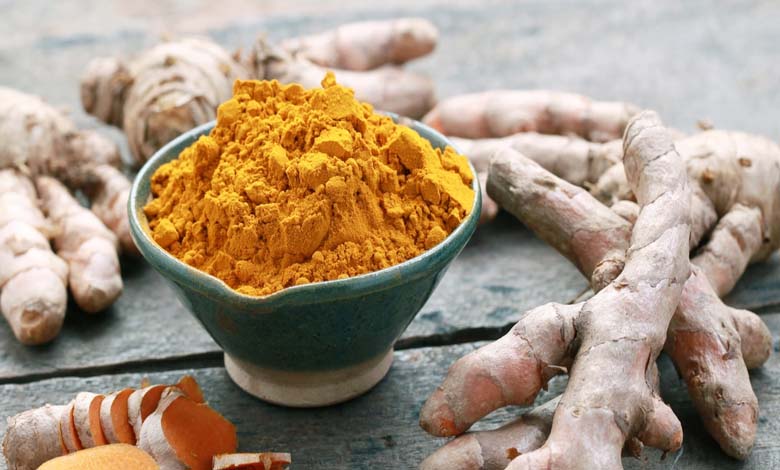Is It Recommended to Consume Turmeric and Honey Together? A Beneficial Combination or Not?

Turmeric and honey are among the most cherished natural ingredients for their numerous health benefits. Used for millennia in various traditional medicines, especially Ayurvedic and Chinese medicine, they have recently gained renewed interest within the framework of healthy eating and a holistic approach to wellness. But is it truly advisable to consume these two products together? What are the benefits, precautions, and best ways to combine them?
-
Medical Warnings About Turmeric Supplements: An Underestimated Threat to Liver Health
-
Black Cumin : A Natural Anti-Inflammatory Stronger Than Turmeric and Ginger
The properties of turmeric
Turmeric, native to South Asia, is mainly recognized for its richness in curcumin, a compound with powerful anti-inflammatory and antioxidant properties. Numerous scientific studies have shown that turmeric can help reduce chronic inflammation, improve digestion, support cardiovascular health, and even contribute to cancer prevention. It is also commonly used to relieve joint pain, stimulate the immune system, and enhance brain function.
However, curcumin has low bioavailability when consumed alone, meaning the body absorbs it poorly. To address this, it is often recommended to combine turmeric with black pepper, which contains piperine, a substance that significantly enhances curcumin absorption.
The benefits of honey
Honey, a natural product made by bees, is appreciated not only for its sweet and pleasant taste but also for its medicinal virtues. Rich in antioxidants, vitamins, and minerals, it possesses antibacterial, antifungal, and anti-inflammatory properties. It is frequently used to soothe the throat, promote healing, and strengthen immune defenses.
The turmeric-honey combination: what are the benefits?
The combination of turmeric and honey is often presented as a natural remedy with numerous benefits. Honey, beyond its therapeutic properties, serves as a taste enhancer that softens turmeric’s earthy and sometimes bitter flavor. Together, they may help improve digestion, soothe inflammation, and strengthen the immune system.
Several traditional recipes recommend preparing a “golden paste,” a mixture of turmeric, honey, black pepper, and sometimes coconut oil, used for its anti-inflammatory effects and vitality boost.
Precautions and limitations
Despite these benefits, caution is necessary. Excessive turmeric consumption can cause digestive disturbances, bleeding risks if taken with anticoagulants, or drug interactions. Honey, on the other hand, is rich in natural sugars, which requires moderation, especially for diabetics.
Additionally, it is advisable to choose raw, unpasteurized honey to preserve its intact properties. Although the synergy between turmeric and honey is promising, it does not replace appropriate medical treatment for serious conditions.
-
What Is the Ideal Timing to Take Dietary Supplements?
-
Common Spices That May Cancel Out the Effects of Medications
How to consume turmeric and honey together?
- As an infusion: prepare turmeric tea (fresh or powdered), let it steep, then add a spoonful of honey to naturally sweeten.
- Golden paste: mix turmeric, black pepper, and coconut oil to obtain a paste, which you can sweeten with honey and consume daily in small amounts.
- In smoothies or yogurts: add a pinch of turmeric and a drizzle of honey for a health boost.
Combining turmeric and honey can be beneficial for health, mainly due to their anti-inflammatory and antioxidant properties. However, it is important to consume these ingredients in moderation, follow usage precautions, and consult a healthcare professional if in doubt or in case of specific medical conditions.












